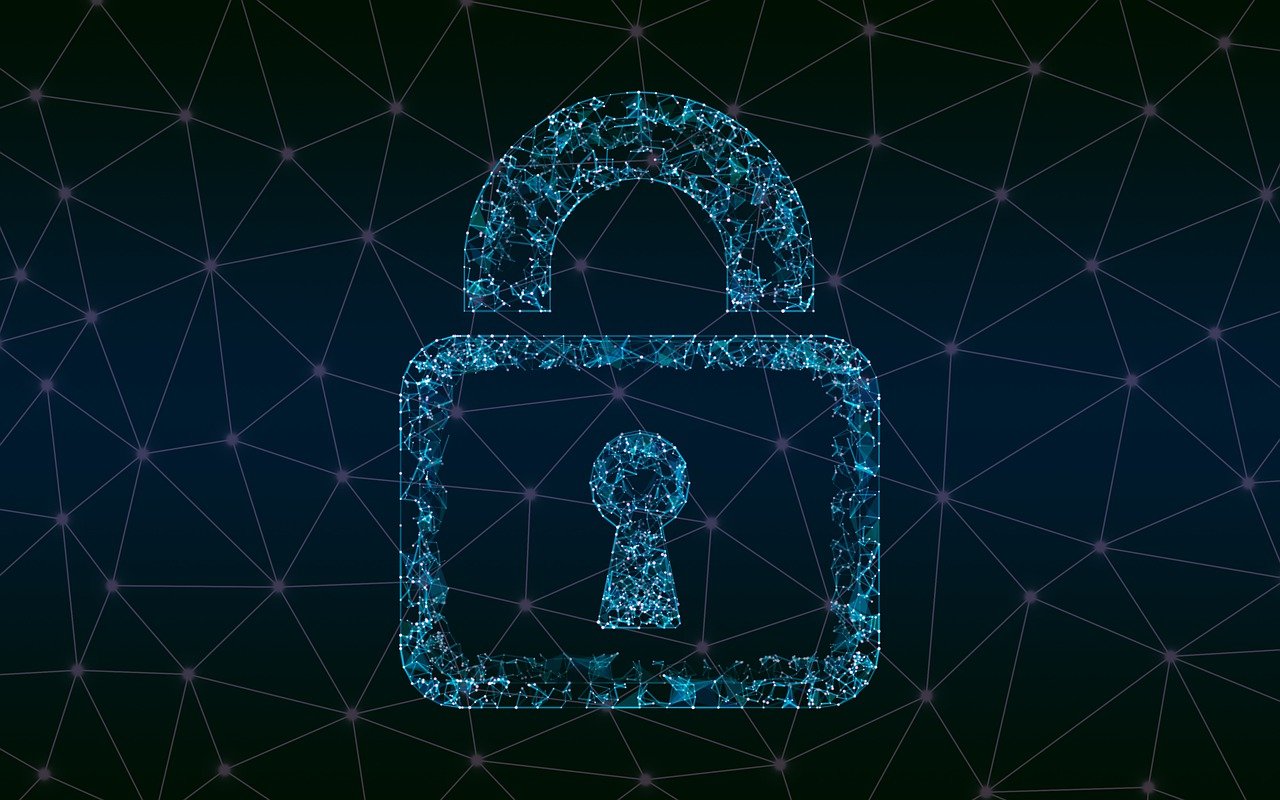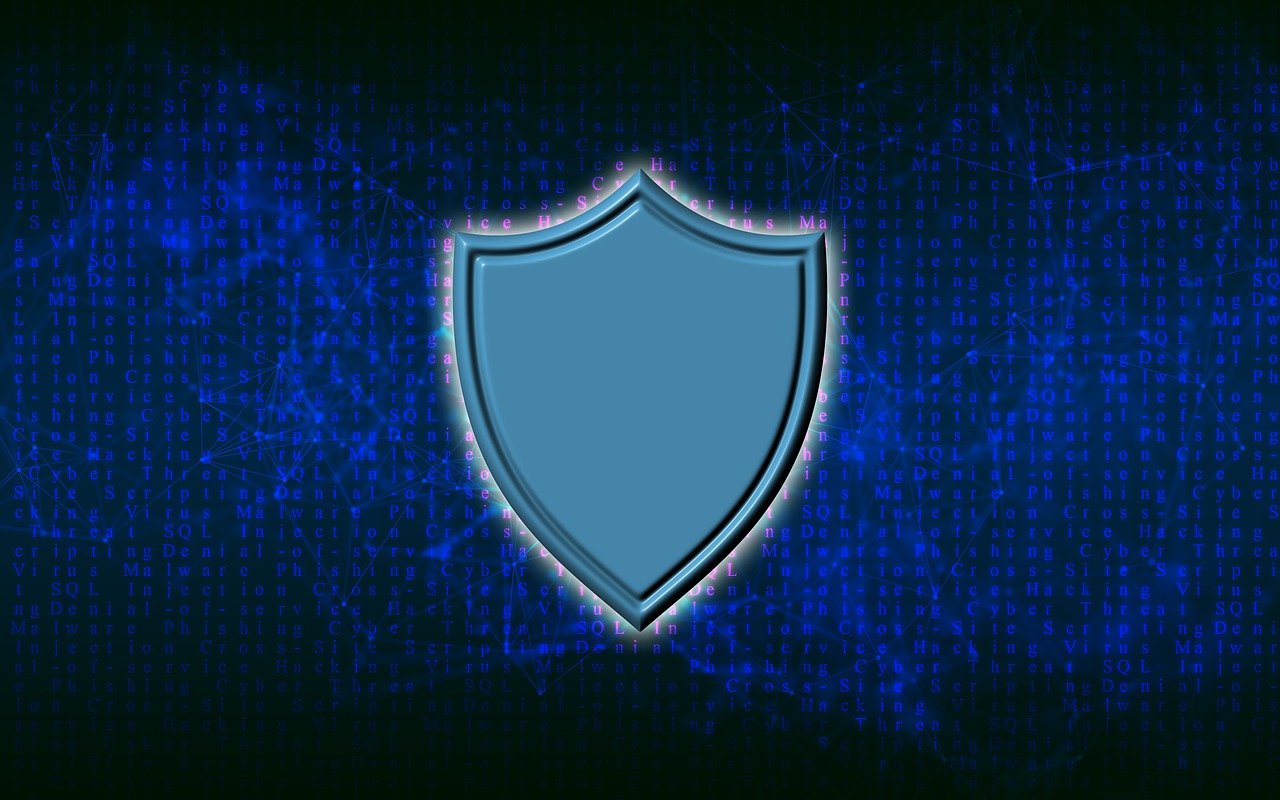Learn how to take your first step into cybersecurity in this post…
If you’re thinking about taking that first step into cybersecurity, I know it might seem daunting. But chances are, you already have some foundational skills that could serve you well in this diverse field.
Let’s get into how you can utilize these existing abilities and introduce new ones to carve a path into cybersecurity that’s uniquely suited to you.
Here is how to take your first step into cybersecurity.
Table of Contents
Assess Your Current Skills and Interests
Jumping into cybersecurity doesn’t mean you need to start from scratch. That’s because you probably possess some basic cyber skills without even realizing it.
Are you good at solving puzzles? That’s critical thinking in action. Do you pay attention to small details? That means you’re good at spotting anomalies. Maybe you have a background in IT, law, or even customer service?
My point is that each of these brings something unique to the table. And the great thing about it? You can use those skills to find a cyber niche that fits your interests or background perfectly.
For example, if you’re into privacy, then data protection or GRC roles might be right up your alley. Or if you like testing, then you might be fascinated with security auditing or penetration testing. Whatever it is, don’t worry about it! Cybersecurity is a massive field; you don’t have to get into something outside of your comfort zone.
Take some time to research the different areas of cybersecurity and see what sparks your interest. The more excited you are about a topic, the more motivated you’ll be to dig in and learn.
Educational Pathways into Cybersecurity
If you’re getting serious about cybersecurity, you’ve got a few options to consider.
Bachelor’s Degree: You could enroll in a cybersecurity bachelor’s degree program at the university. With a degree, you gain a significant amount of knowledge, have the opportunity for internships, and it really shows your commitment to the field of cybersecurity.
Associate’s Degree: However, if you’re not ready for a four-year commitment, you could aim for an associate’s degree program. These are half as long and usually get straight into the meat and potatoes of security coursework without all the non-relevant courses found in a bachelor’s degree program.
Certifications: If you already have a degree and want to transition into cybersecurity, or simply don’t wish to attend college, there are plenty of certification programs that can help bolster your resume. For starters, the CompTIA A+, Network+, and Security+ certifications (aka “CompTIA Triad”) are a popular certification route that covers the basics and is widely respected in the industry.
Or, if you really have the guts and stamina, you could always learn security concepts on your own.
Self-Taught: Several platforms like Coursera, Udemy, and Cybrary offer courses tailored to many aspects of cybersecurity. They allow you to learn at your own pace, often with practical exercises and real-world scenarios. However, keep in mind that many employers still heavily rely on either a degree or certification to understand your qualifications.
Step Out of the Classroom and Gain Practical Experience
I’ll grant you that theory and classroom learning are important, but nothing beats real-world experience when it comes to cybersecurity. And quite frankly, there’s really no way around it.
Internships: What’s helpful is that companies often look for eager interns to fill junior-level positions in their IT security departments. These roles provide you with an opportunity to see firsthand how cybersecurity practices are implemented daily and are a fantastic way to dip your toes into the cybersecurity pool.
They give you a feel for the work environment and put you in direct contact with experienced professionals who can guide you and provide valuable insights. Plus, internships can often lead to full-time positions, making them a great stepping-stone to a full-time career.
But if you really want to stand out, you need to show that you can handle real cybersecurity tasks.
Home Lab: You can set up your own cybersecurity home lab to practice your skills. This doesn’t have to be expensive—a couple of old computers or virtual machines will do the trick.
Cyber Competitions: Or participate in Capture the Flag (CTF) competitions; these are contests that cover aspects of cybersecurity like reverse engineering, cryptography, and web vulnerabilities. CTFs are not only fun but also a brilliant way to sharpen your skills and solve problems under pressure.
Showcasing Your Cybersecurity Skills
Whether you’re applying for your first entry-level cybersecurity job or looking to advance in your career, a well-rounded cybersecurity portfolio can set you apart from the competition.
Cyber Portfolio: Your portfolio isn’t just about listing your qualifications (like a resume); it’s about demonstrating what you can do and how well you can do it. Include any achievements from your internships, volunteer work, cyber competitions, and projects you’ve worked on, even if they were simulations in your home lab or part of your coursework.
Make sure to document each aspect of your portfolio comprehensively. Include detailed descriptions of your role, objectives, the steps you followed, the security tools you utilized, the outcomes, challenges you faced, and how you overcame them. Don’t forget to include screenshots, diagrams, and code snippets to enhance your descriptions and give more credibility to your work.
Content Creation: If you enjoy content creation, consider:
- starting a blog
- contributing articles to established cybersecurity publications
- creating YouTube videos
It’s here that you can discuss current security issues, how-tos, or case studies that position you as a thought leader and showcase your ability to communicate complex topics.
When you’re ready, display your portfolio on your own website (or freely as a LinkedIn article) or use GitHub. LinkedIn allows you to outline your professional experience and connect with the community, while GitHub is perfect for storing and displaying your technical projects.
Just remember to keep your portfolio updated as you acquire new skills, certifications, complete more projects, or create new content.
Networking Matters in Cybersecurity
You’ve heard it before: it’s not just what you know, it’s also who you know. That’s because networking isn’t just about landing a job—it’s about staying ahead of the curve.
One way to do that is by participating in discussions that can raise your profile and help you make connections that benefit the future of your career. That’s how to take your first step into cybersecurity.
And I don’t mean using LinkedIn to network. You actually need to connect with other security professionals in-person to exchange ideas, secure relationships, and find mentorships. At the very least, they’re a great opportunity to meet peers and professionals who share your interest in cybersecurity.
One of the best ways to start networking is by joining professional organizations.
Paid Attendance: Attend conferences such as DEFCON and Black Hat or join groups like CompTIA, ISC², and ISACA that offer memberships to cybersecurity students, sometimes at a discount. These organizations have plenty of resources including security courses, workshops, seminars, webinars, and even forums where you can ask questions and share insights with your peers.
Free Attendance: If you’re on a budget, you can freely attend your local BSides or Meetup groups to learn about the latest in security hiring, research, and technology. What’s great is these events often feature workshops and talks from local industry leaders, offering a deep dive into topics specific to your community.
Final Thoughts
Stepping into cybersecurity is largely about mapping your current skills to new challenges, learning new skills along the way, and making sure others know about it!
Regardless of the path you choose—academic studies, professional certifications, or self-guided learning—you can always find a path that leverages your current strengths.
Identify those strengths, learn to communicate those strengths, be committed to your learning process, and you will find your place in cybersecurity.
Hope you now know how to take your first step into cybersecurity.
INTERESTING POSTS
About the Author:

Amit Doshi
Hello, I'm Amit. Over the past three years, I've dedicated myself to writing about the cybersecurity job market, with a special focus on providing actionable advice for job seekers and insights into how companies hire and manage their cybersecurity teams. My articles aim to guide both aspiring cybersecurity professionals and employers through the intricacies of finding and filling roles effectively. If you're looking to advance your career or hire the right talent, count on me to be your essential resource for practical tips and up-to-date information.







